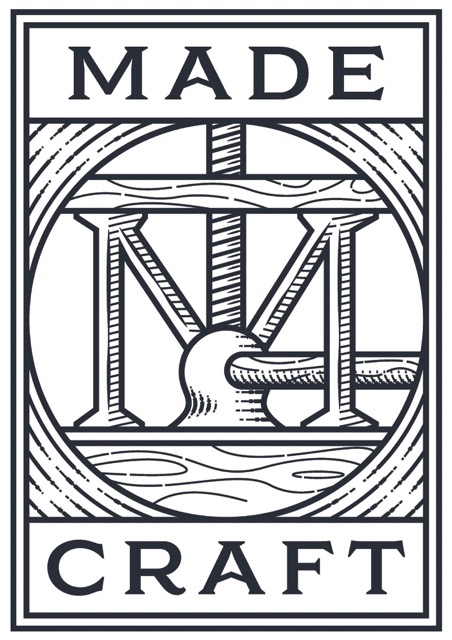Python Quick Start
With Lavanya Vijayan and Madecraft
Liked by 691 users
Duration: 1h 47m
Skill level: Beginner
Released: 8/1/2023
Course details
Are you looking to get started with Python, but not sure where to begin? In this course, Python expert and trainer Lavanya Vijayan shows you the basics of what Python is, why it is such a powerful and in-demand programming language, and what you need to know to start writing it.
Discover the fundamentals of programming in Python through data, functions, sequences, conditional statements, iteration, loops, and recursion. Along the way, Lavanya provides a brief introduction to object-oriented programming, its key applications, and industry best practices. By the end of this quick start course, you’ll be well on your way with becoming proficient in Python to boost your skill set and advance your career.
This course was created by Madecraft. We are pleased to host this training in our library.

Skills you’ll gain
Earn a sharable certificate
Share what you’ve learned, and be a standout professional in your desired industry with a certificate showcasing your knowledge gained from the course.
-
Showcase on your LinkedIn profile under “Licenses and Certificate” section
-
Download or print out as PDF to share with others
-
Share as image online to demonstrate your skill
Meet the instructors
Learner reviews
-
Shaun Sutcliffe
Shaun Sutcliffe
Royal Air Force Veteran. Senior Technical Trainer/Deputy Global Training Manager/Curriculum Development Lead at MSAB
-
-
Contents
What’s included
- Practice while you learn 2 exercise files
- Test your knowledge 8 quizzes
- Learn on the go Access on tablet and phone
- Stay up to date Continuing Education Units